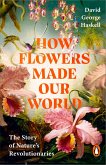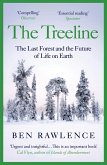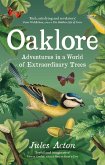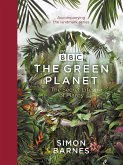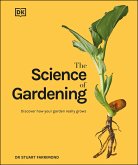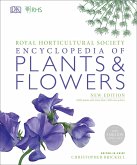An exquisite exploration of the power of flowers, placing them at the center of the story of how evolution created the world we know today We live on a floral planet, yet flowers don't get the credit they deserve. We admire them for their aesthetics, not their power. In this exquisite exploration of the role flowers played in creating the world we know today, David George Haskell observes, smells, and studies flowers such as magnolias, orchids, and roses, as well as fascinating but less celebrated flowers such as seagrasses and tea to show us what we've been missing. Flowers are beautiful revolutionaries. When they evolved, they remade the natural world: Gorgeous petals and alluring aromas transformed former enemies into cooperative partners. Flowers reinvented plant sexuality and motherhood, bringing male and female together in the same flower and amply provisioning seeds and fruits, innovations that also feed legions of animals, ourselves included. Through radical genetic flexibility, flowers turned past environmental upheavals into opportunities for renewal. This inventiveness allowed them to build and sustain rainforests, savannahs, prairies, and even ocean shores. Without flowers, human beings would not exist. We are a floral species. Flowers catalyzed our evolution, and we now depend on them for food and a healthy planet. When we perfume ourselves, give a loved one a bouquet, or use blooms in gardens and religious ceremonies, we honor the special bond between people and flowers. The study of flowers also shaped modern science and horticulture in ways both marvelous and, sometimes, unjust. Looking to the future, flowers offer us lessons on resilience and creativity in the face of rapid environmental change. We need floral creativity, beauty, and joy more than ever. How Flowers Made Our World combines lyrical writing, sensual exploration, and the latest in scientific research to explore some of the most consequential life forms ever to have evolved, showing how our planet came to be and how it thrives today.
Dieser Download kann aus rechtlichen Gründen nur mit Rechnungsadresse in A, B, BG, CZ, D, DK, EW, E, FIN, F, GR, HR, H, I, LT, L, LR, NL, PL, P, R, S, SLO, SK ausgeliefert werden.



